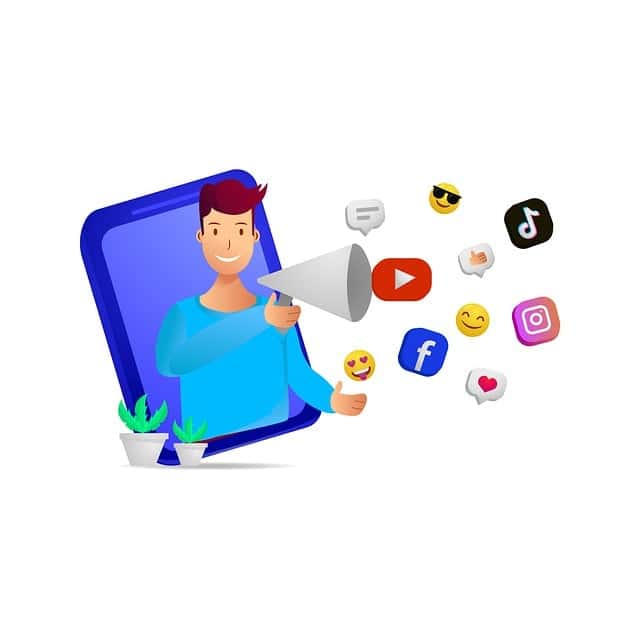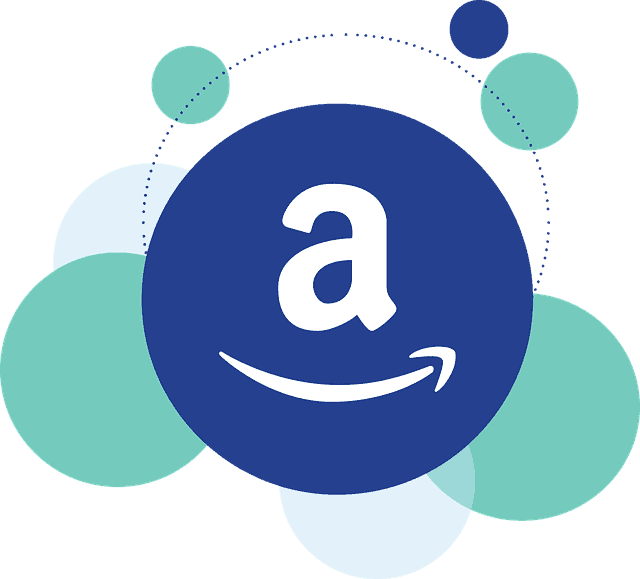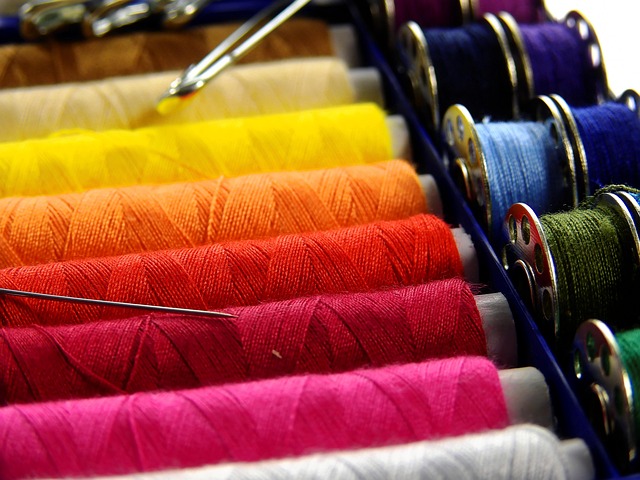-By: Bhavisha Changrani
In the past few years, Non-Fungible Tokens (NFTs) have rapidly moved from the fringes of the tech world to the mainstream, transforming industries from art and entertainment to real estate and gaming. But beyond their use in trading digital art or offering collectibles, NFTs are proving to be an exciting tool for brands and marketers. By leveraging the unique qualities of NFTs — scarcity, authenticity, and immutability — brands can enhance customer engagement, create unique marketing campaigns, and even introduce innovative loyalty programs.
Let’s dive deeper into how NFTs are being used in marketing, and explore whether they can really elevate customer loyalty programs or serve as limited-edition merchandise.

What Are NFTs and How Do They Work?
Before exploring their marketing potential, let’s quickly define NFTs. A Non-Fungible Token (NFT) is a type of digital asset that represents ownership or proof of authenticity of a unique item or piece of content on the blockchain. Unlike cryptocurrencies (which are interchangeable), each NFT is distinct and cannot be replaced by another NFT — hence the term “non-fungible.”
These tokens can represent anything from digital art, music, and videos to real-world assets, virtual goods, or even access to exclusive experiences. NFTs are typically bought and sold through blockchain platforms like Ethereum, and because the transaction is recorded on a decentralized ledger, they provide verified ownership and transparency.
NFTs as a Tool for Brand Promotion
Exclusive Digital Content
Brands can use NFTs to create exclusive digital assets such as limited-edition artwork, videos, or virtual experiences tied to their products or services. These digital collectibles can be used as promotional tools, offering customers the chance to own a one-of-a-kind piece of content related to the brand. For example, a fashion brand could release an NFT collection of virtual outfits that can be worn in virtual worlds like Decentraland or The Sandbox, providing fans and customers with an interactive, branded experience.
Collaborations with Artists and Influencers
Many companies are partnering with digital artists or influencers to create branded NFT collections. This type of collaboration not only boosts brand visibility but also taps into the artists’ or influencers’ established fanbase. For instance, a major sneaker company could partner with a renowned artist to produce a limited-edition collection of NFT sneakers. This not only drives buzz but also attracts a younger, more tech-savvy audience who are already engaged in the NFT space.
Gamified Marketing Campaigns
NFTs can also be used as part of gamified marketing strategies. Brands can offer NFT-driven games or challenges, giving customers the chance to earn special rewards or limited-edition NFTs as they complete tasks.For instance, a sports brand could launch a scavenger hunt in which fans collect digital cards of famous athletes. Completing certain challenges or acquiring a full set could reward users with exclusive discounts or early access to new product launches.

NFTs for Customer Engagement: Beyond the Transaction
Creating a Community of Loyal Fans
NFTs enable brands to create a community of collectors who own a specific NFT, which can also act as a digital membership card. Brands like Adidas and Nike have explored this concept, offering NFTs that come with perks such as early access to product drops, invitations to exclusive events, or direct interaction with the brand. This type of engagement goes beyond traditional loyalty programs because it rewards customers with something unique — not just points or discounts — and creates a sense of belonging to a special group.
Personalized Experiences
NFTs provide an avenue for brands to create personalized, one-to-one interactions with customers. For example, a luxury fashion brand could use NFTs to offer exclusive, tailored services to their most loyal customers, such as private shopping experiences, bespoke products, or VIP access to shows and events. These personalized NFT tokens could serve as proof of membership to an elite circle, strengthening customer loyalty and building deeper relationships.
Enhancing Customer Data and Insights
NFTs also allow brands to gather deeper insights into customer behavior. By tracking who owns a particular NFT, brands can analyze trends and preferences, and use this information to tailor marketing campaigns. For instance, if a customer holds an NFT tied to a specific product launch, a brand can use this data to send customized follow-up offers or content, enhancing customer satisfaction and engagement.

Can NFTs Help with Loyalty Programs?
Yes, NFTs can revolutionize traditional loyalty programs by making them more engaging, transparent, and rewarding. Here’s how:
Unique, Tradeable Rewards
Unlike points-based loyalty systems, NFTs are unique and tradable, giving customers something of tangible value that they can sell, trade, or showcase. For example, a coffee chain could issue limited-edition NFTs as rewards for loyal customers, each representing a collectible item like a special cup design or an exclusive experience. Over time, these digital assets could appreciate in value, making them more attractive to customers as they engage with the brand.
Unlocking Exclusive Perks
Brands can offer NFTs that act as keys to unlocking special perks. A luxury brand, for example, could issue NFTs to its top-tier customers, granting them access to private sales, product previews, or even custom-made items. This adds an element of exclusivity and excitement to the loyalty program, making customers feel valued in a more personal way than traditional systems.
Gamified Loyalty Programs
NFTs enable brands to gamify their loyalty programs by offering rewards for achieving certain milestones. For instance, a retail brand could issue NFTs as customers complete specific actions — purchasing a certain amount, referring friends, or engaging with the brand on social media. These NFTs could represent special rewards, discounts, or even collectible badges that users can proudly display in their wallets or share on social media, adding a layer of competition and fun to the loyalty experience.

NFTs as Limited-Edition Merchandise
Scarcity and Exclusivity
One of the most powerful features of NFTs is their scarcity — brands can issue a limited number of NFTs, creating a sense of urgency and exclusivity. By tying NFTs to limited-edition merchandise, such as designer sneakers, clothing, or tech gadgets, brands can increase demand and appeal to collectors. A limited run of NFT-backed merchandise could not only drive sales but also generate buzz on social media as fans scramble to own a piece of the collection.
Authenticating Physical Products
NFTs can also be used to authenticate physical merchandise. For high-end goods like luxury watches, rare sneakers, or limited-edition art, brands can issue an NFT that serves as a certificate of authenticity. This ensures buyers that they are purchasing a legitimate, high-quality item, and can even offer them a direct way to resell the item in the secondary market, further enhancing its value.
Hybrid Experiences
Many brands are experimenting with the concept of hybrid merchandise, where NFTs are linked to both physical and digital goods. For example, a brand could release a physical product — such as a custom hoodie or exclusive shoes — with an accompanying NFT that represents the digital counterpart, like a virtual version of the item in a metaverse or a special video related to the product. This hybrid approach creates an added layer of value, offering consumers both real-world and virtual experiences.

Conclusion: The Future of NFTs in Marketing
NFTs are not just a passing trend in the world of digital marketing. They have the potential to transform how brands connect with customers, fostering deeper engagement and more personalized experiences. From offering exclusive digital content and creating unique loyalty programs to tapping into the potential of limited-edition merchandise, NFTs open new opportunities for brands to build stronger, more loyal communities.
While the technology is still evolving, forward-thinking brands are already experimenting with NFTs to enhance their marketing strategies. As consumers become more comfortable with blockchain technology and digital ownership, NFTs will likely play a key role in shaping the future of brand promotion, customer engagement, and even loyalty programs.
In short, NFTs are more than just collectibles — they are powerful marketing tools that can help brands drive innovation, increase customer loyalty, and elevate their overall marketing strategy.












